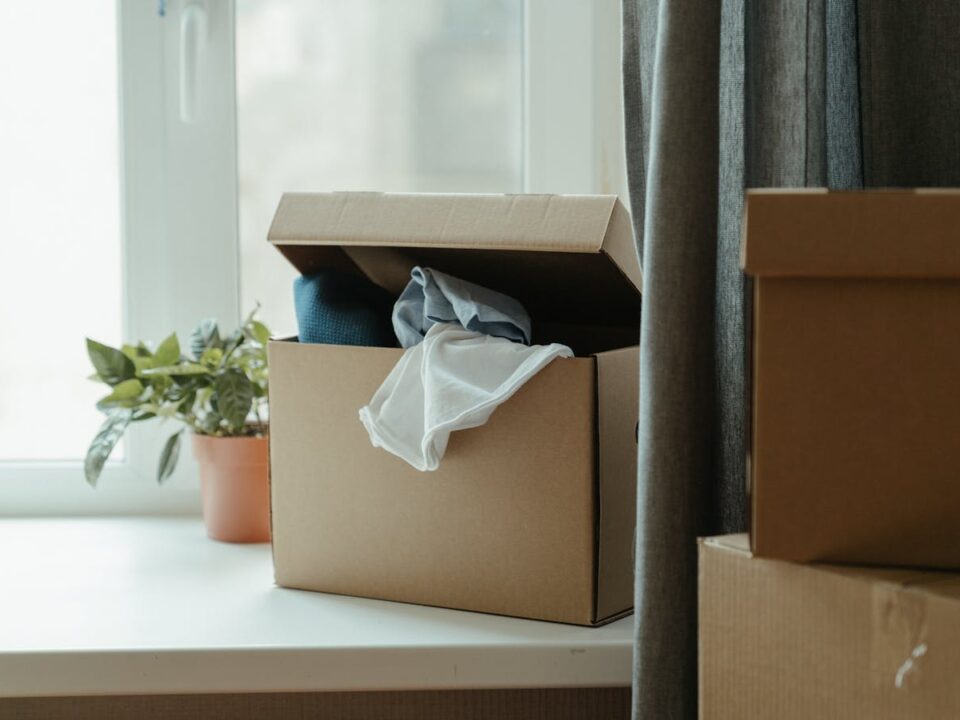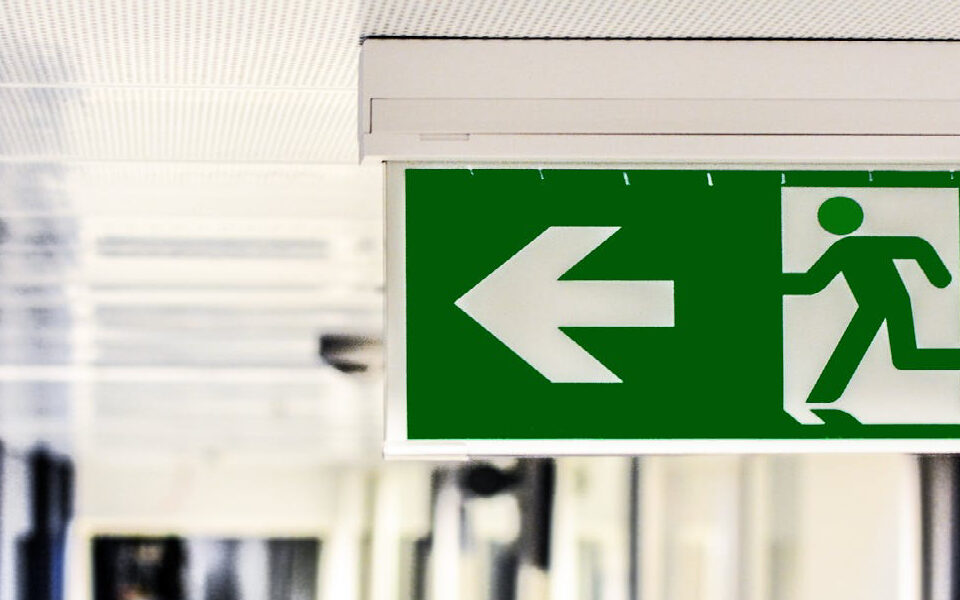Why not stay in your storage unit?
It seems like the most obvious choice to think about living in a storage unit for only $100-$200 a month compared to $2,000 for a tiny apartment if you are in a situation with a lack of funds. But before you make that move, let’s see why it’s not the best idea after all and might cause more trouble than solutions.
Just imagine how much rent money you’ll save moving into your storage unit, but the fines you may have to pay will be a great deal more. Every law-abiding storage facility has guidelines and will make their tenants sign a contract where most will not allow for living in your unit. Violating the agreement you signed will get you kicked out and you would have to scramble to find another place for your belongings. Habitation will also not be covered by the operator’s insurance and most importantly it’s against the law. Both local and federal level law prohibits you to live in a storage unit.
Let’s have a look at why it’s risky to ‘set up house’ in your storage unit:
- Units are not particularly secure and facilities with security cameras that monitor the grounds will get you caught and lead to criminal charges or civil penalties. These units are also not built with additional safeguards like homes and commercial buildings with different points of entry and exits, which is crucial in an emergency. Getting locked in your storage unit with no way out can lead to dire circumstances.
- The lack of sanitary facilities like bathrooms and running water which storage units do not have. Leading to negative consequences for your health. Access to sanitation is a basic human right. Human rights to water and sanitation must ensure the safety and privacy of the person using them.
- Storage units don’t have strict building codes and have no windows in the majority of cases, leading to a lack of natural ventilation. Units without climate-control technology can become dangerously hot in the summer reaching temperatures in the 100s, and drop below freezing in the winter. This is extremely dangerous and not suitable for any living being.
- Electrical services in a unit are minimal, so if you connect appliances such as refrigerators or heaters it can overload circuits and start a fire. The majority of storage units will have little to no light which is an extremely important function in relation to a lot of biological processes that occur in our bodies. Ensuring the correct metabolism, blood circulation, and hormone balance of a human, getting enough of this vital resource is key to our physical and psychological well-being.
- Various hazards can occur within storage units because of the lack of air and minimal ventilation like fires, floods, and tornadoes. What will you do in a medical emergency? Facilities are also frequently treated with agrochemicals and you could run the risk of dangerous levels of pesticide exposure.
According to World Population Review, homelessness remains a problem in the United States with over half a million people experiencing homelessness. Those with no other alternative, sleep in places that are not meant for habitation and may make a home out of their storage unit. The NCHH (National Center for Healthy Housing) serves as a credible change agent, by successfully integrating healthy housing programs and capacity building, research, and advocacy to reduce health disparities and improve housing quality nationwide. Consider alternatives like shelter, lower-priced motels, and sharing living space to cut expenses.



